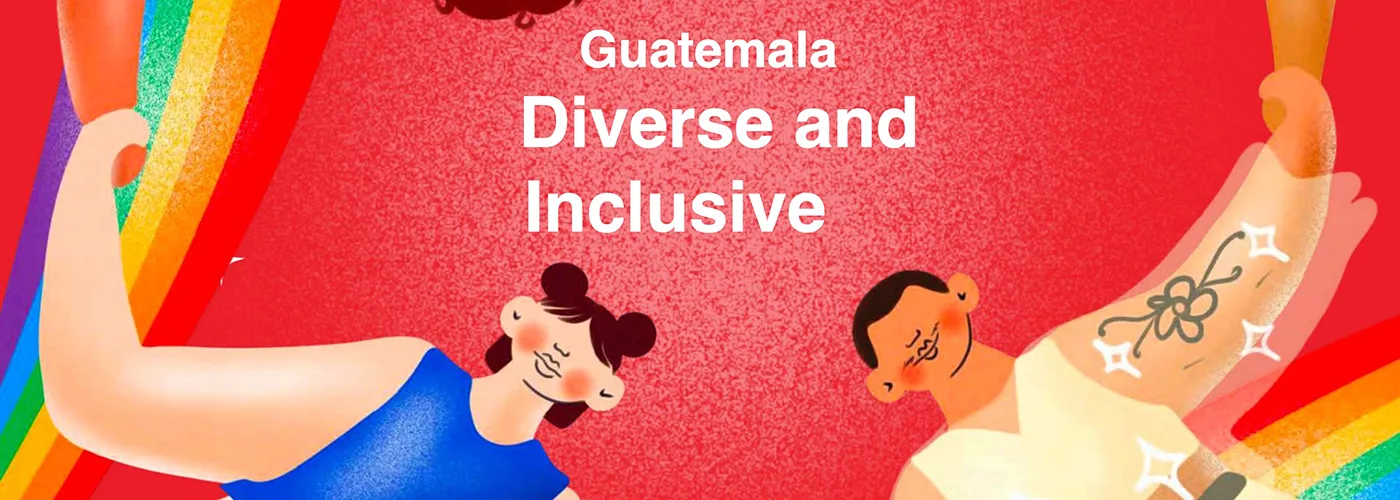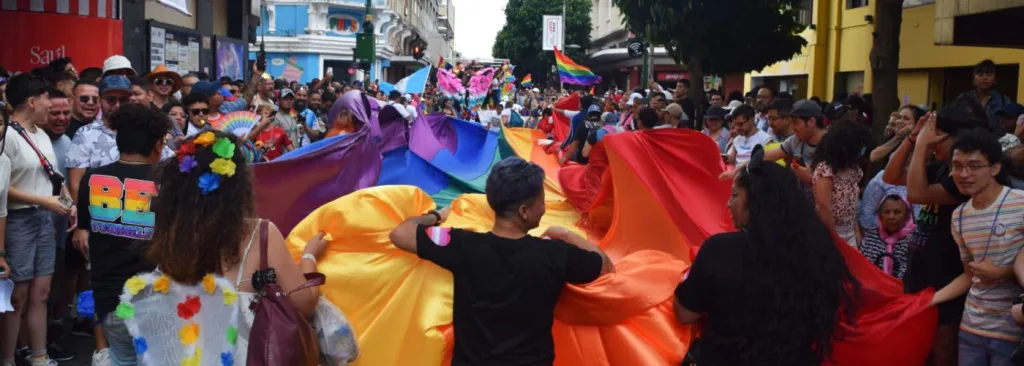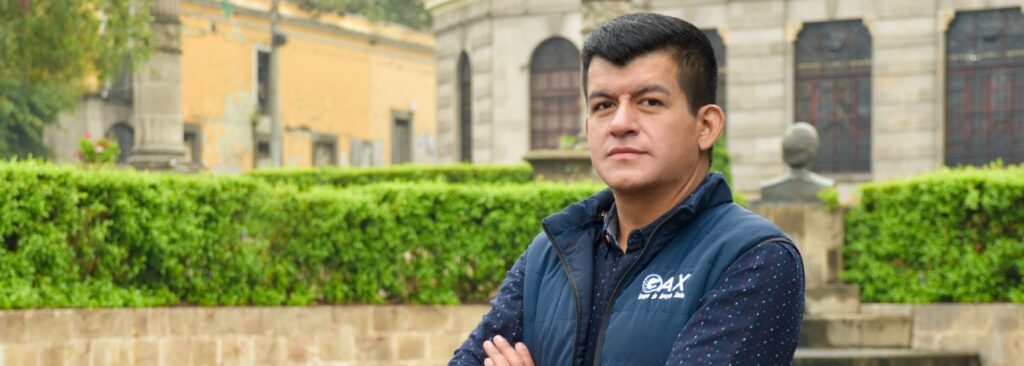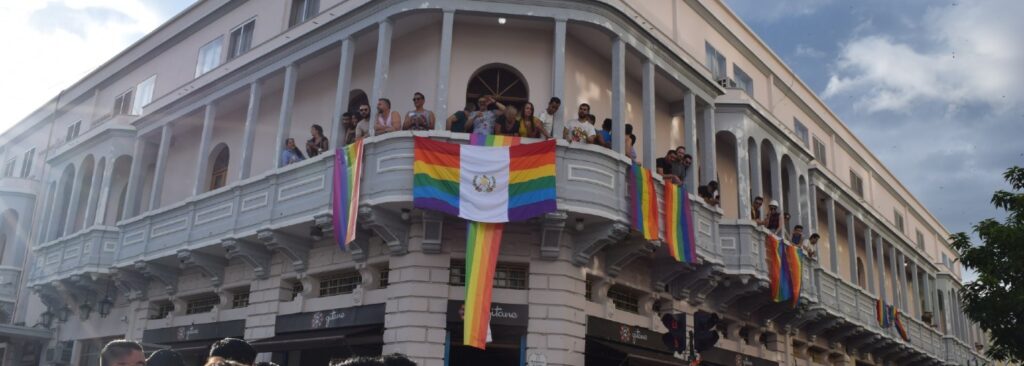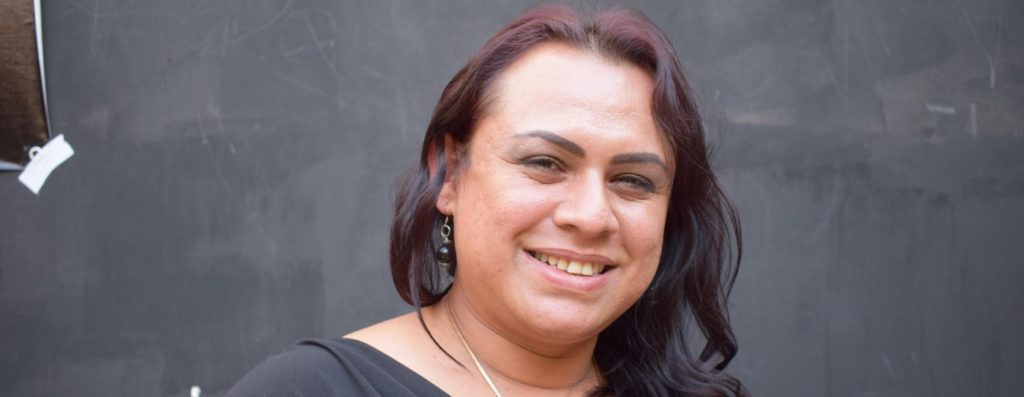Building gender equality, diversity and inclusion in Guatemala
For too long, LGBTIQ+ people and young people in Guatemala have faced multiple challenges preventing them from fully enjoying their sexual and reproductive rights (SRR), access to justice, and labor rights. The country’s predominant patriarchal culture, combined with a volatile political context, fosters discriminatory attitudes and violent behavior that affect these groups in particular.
Quite often, stigmatized LGBTIQ+ youth are expelled from or drop out of school, or are rejected by their family circle and/or work environment. This situation is aggravated by sexual and gender-based violence that affects girls, adolescents, women, and sexually diverse individuals. And access to comprehensive sexuality education in the country is low: only 7 percent of adolescents had received comprehensive sexuality education in 2017.
Our response
To counter this, Hivos joined forces from November 2019 to October 2023 with eight Guatemalan civil society organizations under the “Diverse and Inclusive Guatemala” (Guatemala, Diversa e Inclusiva) program. Funded by the Swedish Embassy in Guatemala, the program partnered with LGBTIQ+ groups and youth-led organizations specialized in promoting and defending SRR and organizations servicing young people and children.
Our driving conviction was that legislation, policies, practices and decision-making regarding the SRR of girls, boys, young people and LGBTIQ+ people should be based on their concerns, needs, and demands.
Together we wanted ensure that:
- State institutions in the departments of Guatemala and Quetzaltenango respond effectively to the demands and needs of young LGBTIQ+ people regarding SRRs, access to justice, and job opportunities
- Children, adolescents and youth in the departments of Guatemala, Quetzaltenango, Quiché y Huehuetenango have proper access to comprehensive sexuality education
Achieving this was an uphill battle, requiring enormous strength and resilience from our partners to fight the increasingly powerful anti-rights movement that has co-opted the state of Guatemala in recent years.
How we worked towards a diverse and inclusive Guatemala
We used four strategies: rights empowerment (sexual, legal, labor); capacity strengthening for civil society organizations; knowledge management, and policy advocacy.
With our partners, we created alliances and networks for collective learning, awareness raising, and developing or strengthening community and organizational capacities. We used various platforms for providing training, sharing knowledge, and doing advocacy work. Our activities included structured courses, art work, blogs, case studies, and toolkits with an educational and communicative focus.



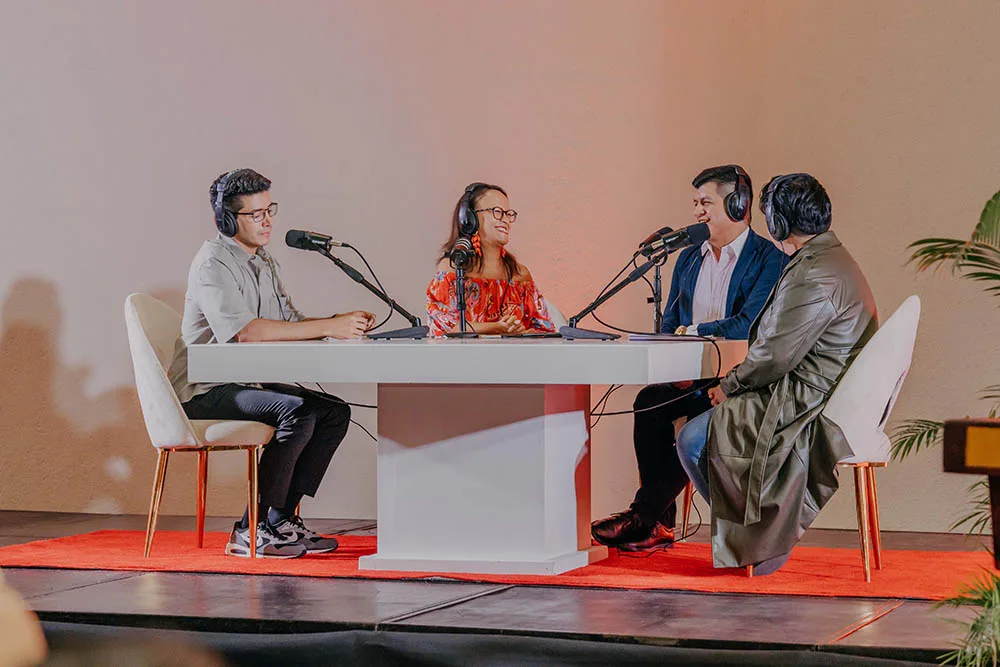

Results
We are proud to report the program’s results in its strategy areas.
Rights empowerment in Guatemala and Quetzaltenango:
- 5,500 LGBTIQ+ people learned about their SRR and how to access health, education and justice services.
- 2,500 employees and public officials working in justice, education and health were successfully sensitized and trained about the rights of LGBTIQ+ people.
Rights empowerment in Guatemala, Quetzaltenango, Quiché and Huehuetenango:
- 5,400 boys, girls, adolescents and young people learned about their SRR and where to access health, education and justice services.
- 1,000 employees and public officials learned more about conducting comprehensive sexuality education for boys, girls, and adolescents.
Capacity strengthening:
- All participating organizations strengthened their technical, programmatic, financial, administrative, and sustainability capacities.
- Visibles developed a toolbox for providing training on comprehensive sexuality education and LGBTIQ+ rights.
- The civil society and community-based organizations in the program were trained in advocacy, preventing gender-based violence, and visualizing issues on open data platforms using public official data. OSAR, GAX and Visibles created their own open data portals in 2022.
Knowledge management and policy advocacy:
FLACSO published studies on anti-SRR organizations in Guatemala and on the experiences of LGBTIQ+ people in educational centers. They were widely used for advocacy and awareness raising in decision-making spaces and to influence public opinion in social media campaigns with alternative media like Agencia Ocote, Prensa Comunitaria – RUDA, and Quorum. Their conclusions and recommendations to the government are still valid.
Policy advocacy by our civil society organizations successfully lobbied government bodies and institutions responsible for child and adolescent rights to take action towards reparations for girl victims of violence. In June 2022, the Angelina Law for Justice for girl survivors of sexual violence was proposed. Political and public advocacy work by a team including program partner Incide Joven resulted in the proposal of Bill No. 6157 on Comprehensive Sexuality Education in October 2022. Although more work is necessary for its approval, this was a huge step forward as the bill met with little opposition when it was proposed.
Celebrating our collaboration
After four years of successful collaboration, we held a closing event to thank our partners Asociación Somos, Grupo de Apoyo Xela Gax, Visibles, ODASA, Incide Joven, the Sexual and Reproductive Health Observatory, and Flacso Guatemala. We celebrated the path traveled together and recorded a series of podcasts in which activists and human rights organizations share their views, experiences, and challenges.
You can listen to them in Spanish:
We thank all of the organizations and people who accompanied us on this journey.

